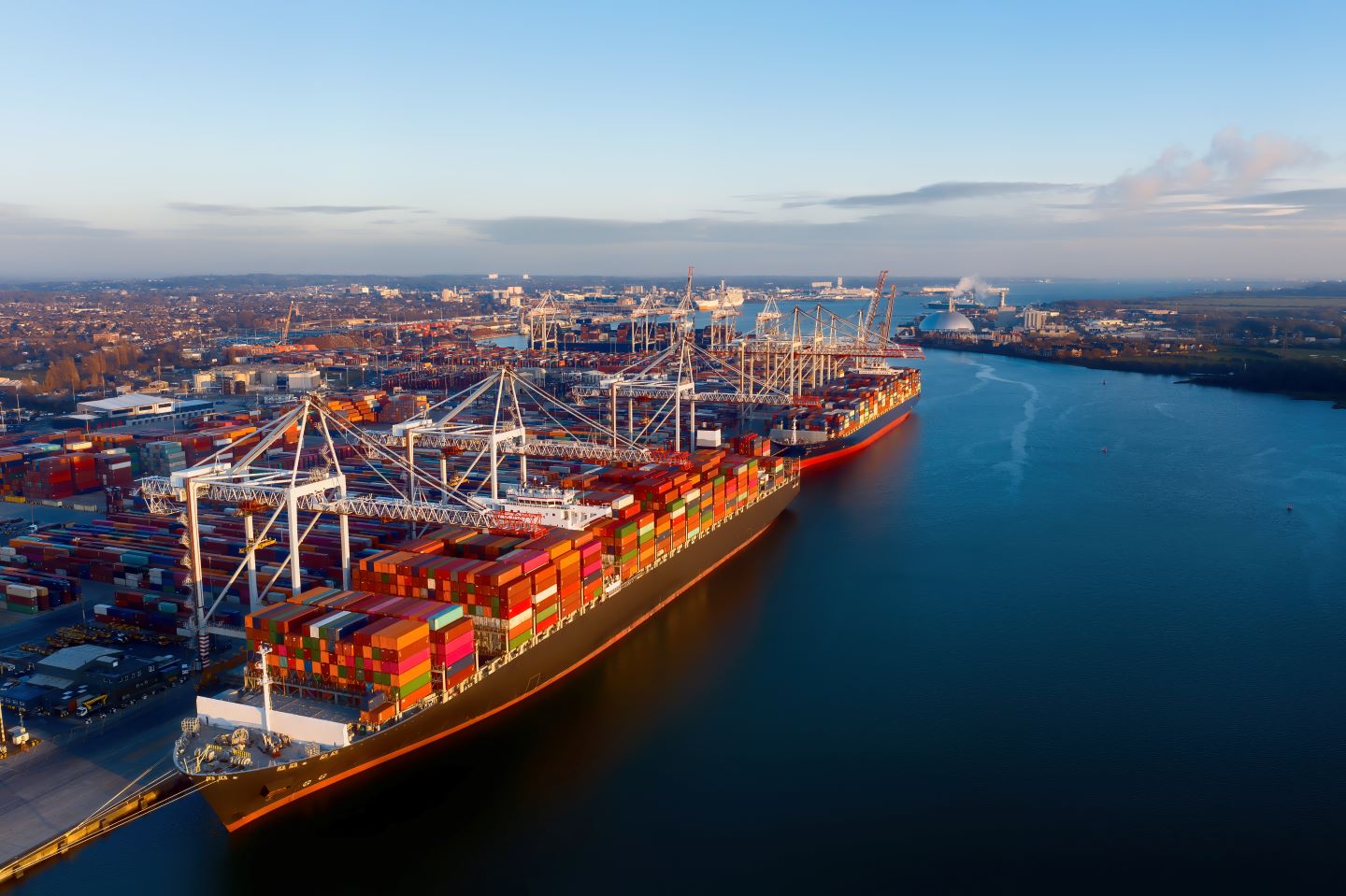
Global technology provider Kale Logistics Solutions released the results of its survey of 200 ports, asking about readiness for the adoption of the International Maritime Organisation’s (IMO) Single Window mandate.
The survey found 30% of ports are not ready to adhere to the single window mandate, which comes into force globally on January 1, 2024.
This follows the IMO’s Facilitation Committee’s amendments to the FAL Convention in 2022. The FAL convention has been regularly revised, integrating digitalisation and procedural automation into ports’ activities.
The intention of the mandate is to simplify the data sharing process between ships and ports.
The study emphasises a lack of awareness as the primary cause of non-compliance. As reported in the study, 30–35% of ports in Africa and South America said they were unaware of a regulation passed by the IMO on the FAL Convention.
According to Kale, the study’s foremost focus is to provide a forward-looking perspective on the present Maritime Single Window systems.
How well do you really know your competitors?
Access the most comprehensive Company Profiles on the market, powered by GlobalData. Save hours of research. Gain competitive edge.

Thank you!
Your download email will arrive shortly
Not ready to buy yet? Download a free sample
We are confident about the unique quality of our Company Profiles. However, we want you to make the most beneficial decision for your business, so we offer a free sample that you can download by submitting the below form
By GlobalDataKale Logistics Solutions co-founder and director Vineet Malhotra emphasised the importance of the survey in combining the technology sector and the maritime sector.
Malhotra said: “The purpose of this study was to identify the tangible benefits the maritime industry can achieve with technology intervention and the results showed potential savings of up to $50bn annually by using MSW platforms.
“However, these benefits are subject to 100% adoption of the MSW and our report reveals that ports are encountering a number of barriers that hinder this digitalisation. The MSW concept has the potential to revolutionise the international shipping industry.”
The mandate states that all ports must operate MSWs for the electronic exchange of information necessary for a ship’s arrival at a port, its stay there and its departure.
Through the study, an abundance of misconceptions across maritime operations have been recognised, with the cost factor and lack of awareness being cited as the top reasons for non-compliance and, according to Kale, correcting these miscommunications is critical to digital harmonisation.
The Kale research went one step further, highlighting how paperless operations in cross-border trade may possibly lower export border compliance time from 44% to 24% and export cost from 31% to 17%.
The survey is based on studies conducted among ports in Asia, North America, Africa, Europe and the Middle East.







